Since day one, Kowtow has been committed to preserving and protecting the planet and its people. A seed-to-garment brand made entirely from Fairtrade organic cotton, this newly certified Aotearoan B Corp believes that clothing is a vessel for much bigger change towards a healthier planet and a fairer world.
Founded by Gosia Piatek in 2006, Kowtow is determined to create a positive environmental contribution by working with nature to provide a natural and circular clothing solution. In this piece, hear from their Founder as to what makes them worth bowing down to and how they achieved that whopping score on the B Impact Assessment.
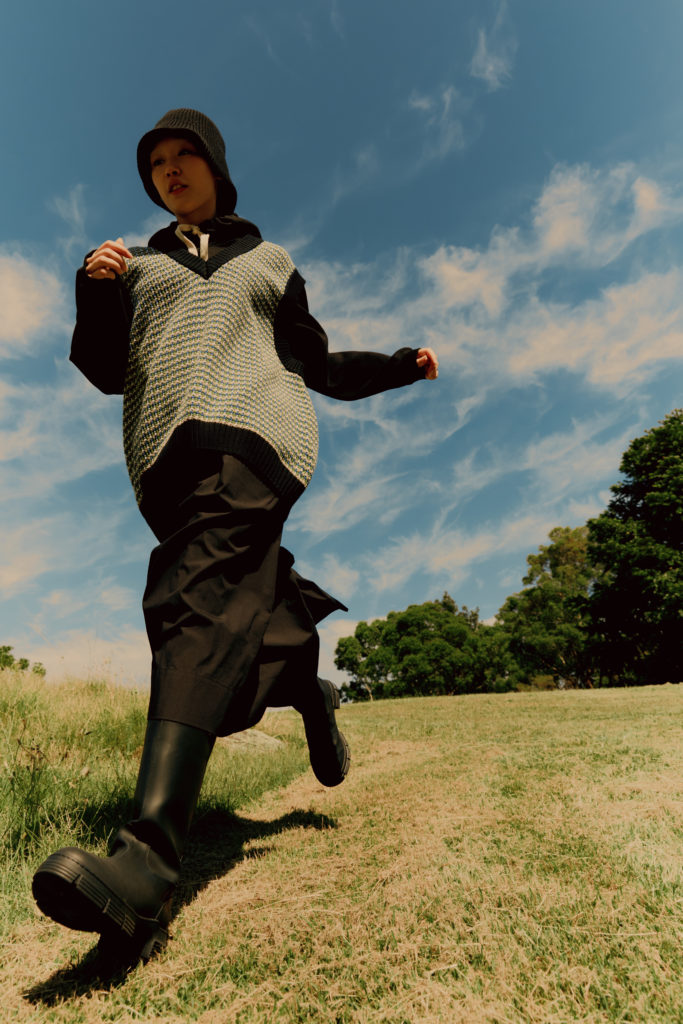
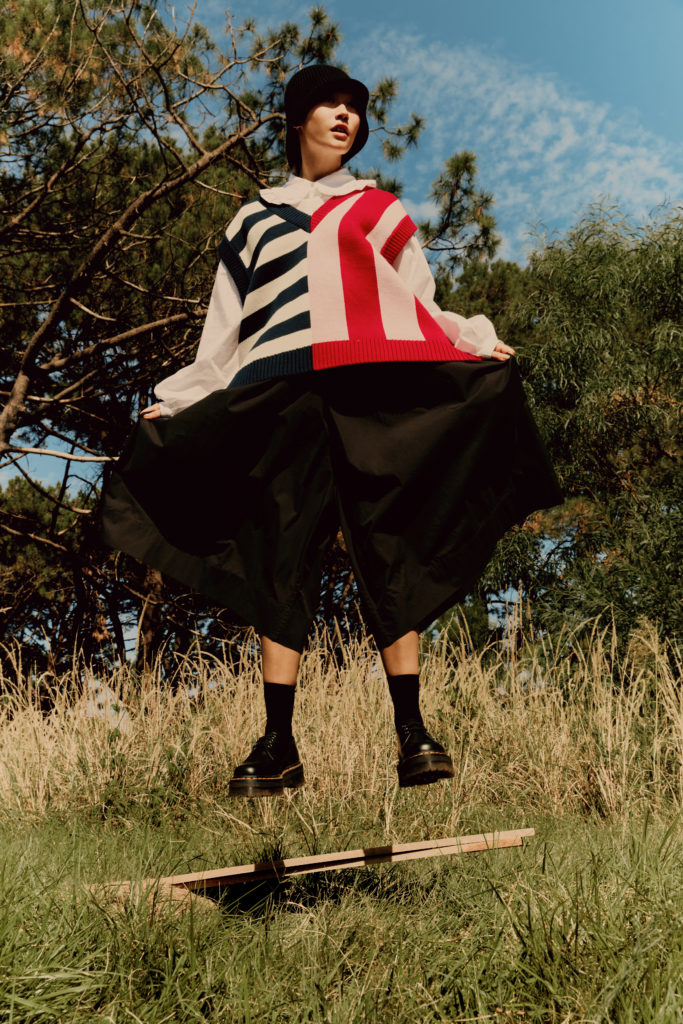
You are in the business of fashion. Tell us a little more about what makes your B Corp unique.
We are a seed-to-garment brand made, which means that everything we sell is created entirely from 100 percent Fairtrade certified organic cotton. Fairtrade is one of the largest movements in the protection of workers’ rights. We want every one of our products to make a direct positive contribution to a better life for farmers, workers and their families.
Since inception, Kowtow has worked hard to put people and the planet first. From our Global Organic Textile Standard (GOTS) approved processes, inks and dyes, to our partnerships with Worldwide Responsible Accredited Production (WRAP) certified manufacturers, we want to ‘build back fairer’ to ensure the health and safety of workers in an industry that has done this poorly for so long.
The pandemic has threatened vulnerable garment workers around the world, and for us, this is a time when respecting people and our planet has never been more pertinent.
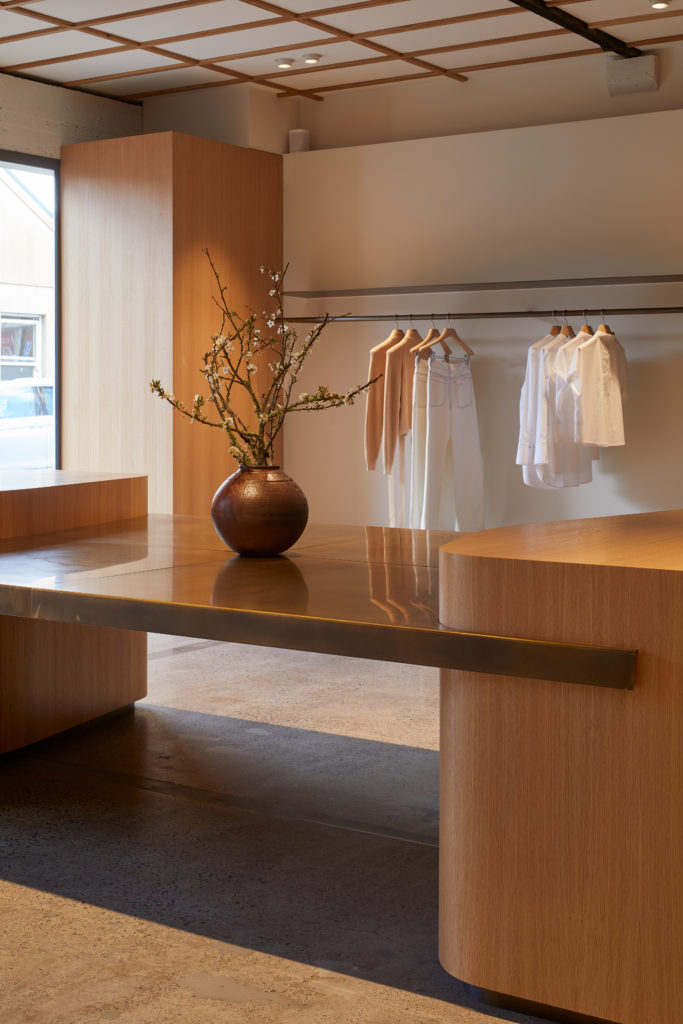
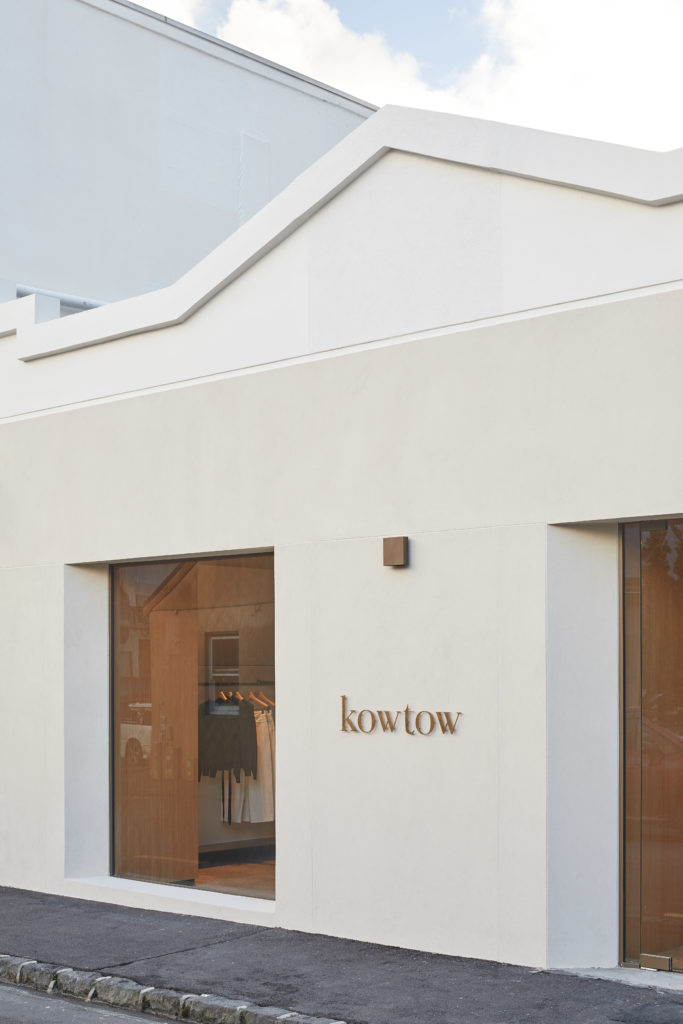
It’s great to see so many fashion brands looking to certify as B Corps. Why did you want to become part of this better business movement?
A few years ago we started to notice other brands we admired becoming B Corps. It sparked our curiosity and we took the plunge, starting off with the B Impact Assessment.
Very quickly we realised that the B Corp movement aligned with our purpose – to bring positive social and economic change – not only for our business but for our community and the environment.
The fashion industry is one of the largest polluters in the world. What are some of the ways you’re trying to change that?
It’s true – fashion is the second-largest environmental polluter after the oil, gas and energy industry. Unsurprisingly, fashion is now facing the largest zeitgeist-driven transition to sustainable practice in human history.
We use circular thinking in our design and production process, taking a reductive approach to eliminate unnecessary components and reduce waste.
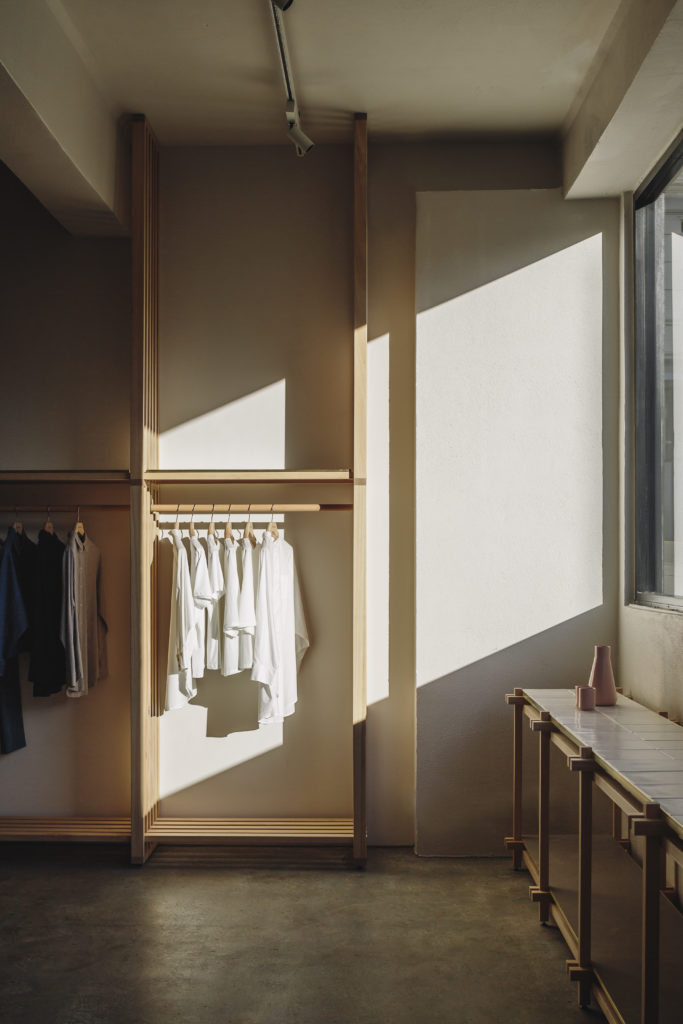
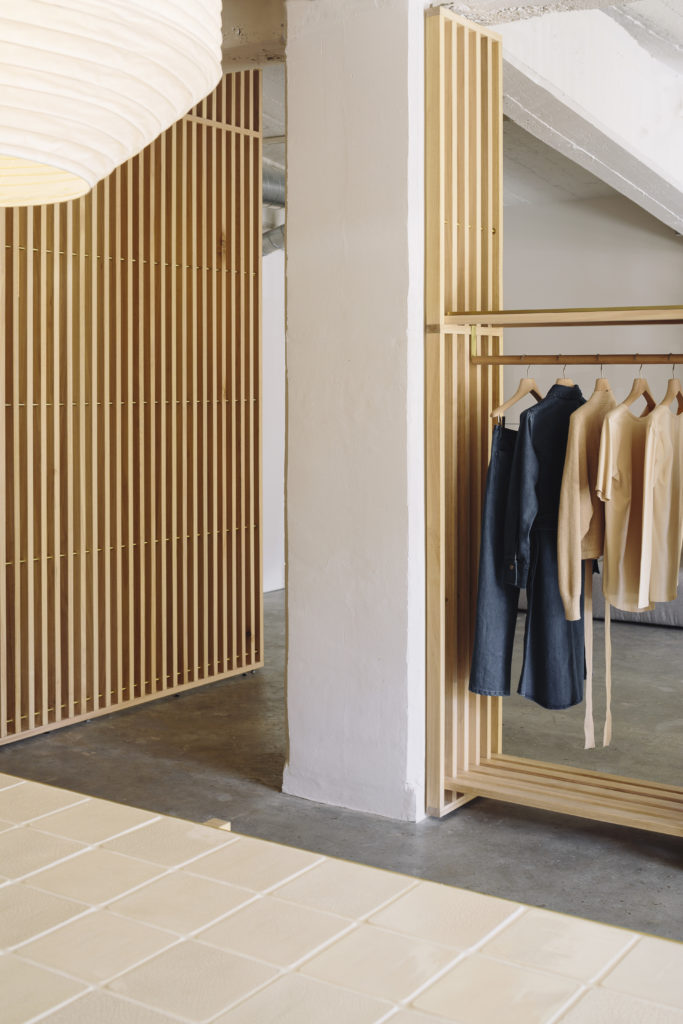
READ: The difference between performative and genuine sustainability in fashion | Zinnia Kumar for Kowtow
Why are you so passionate about sustainability in fashion?
Two-thirds of the fashion industry, comprising mostly small to medium-sized players, are the worst unethical and unsustainable practice offenders. However, as Zinnia Kumar says, it is unrealistic to put the onus entirely on companies and brands without recognising the power of consumers’ responsible decisions creating tangible change as part of a wider interconnected ecosystem.
Our precious Aotearoa was named one of the most wasteful countries per capita in the world.
This is frightening, especially considering our nation’s industries rely on the health of our ecosystems. Unfortunately, we are also chronic wishcyclers (recycling an item without knowing if it is actually recyclable), and that’s not something we should be proud of. We need to do more to protect our communities, our environment, and our wildlife.
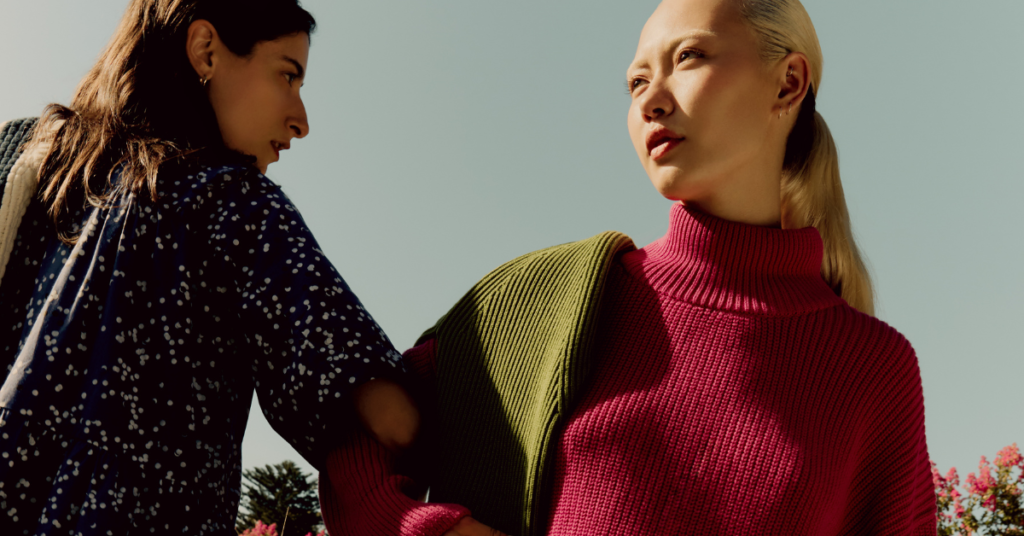
Image: Kowtow clothing
Waste for the most part is out-of-sight out-of-mind for most, and so we need to keep it simple in order to create a mass movement, and we need a mass movement if we are going to make any real difference to the growing problem. It ought to be easy for both businesses and consumers to do the right thing.
To support the longevity of our clothing, we offer a free repair programme and have hosted repair workshops to share this knowledge with our customers.
If you could wave a magic wand across your industry, what is one practice you would like to see become the norm?
Our goal is for Kowtow to be plastic-free, and we want to see a move away from the fashion industry’s dependence on synthetic (plastic) materials. This is challenging but we make decisions everyday to choose natural, renewable and recyclable materials in our clothing, packaging and workroom.
Do you have any tips for aspiring B Corps about the certification process?
It may feel like a big job when you start, but keep chipping away and reach out to the B Lab team – they are super helpful and will guide you through it. And there are no stupid questions (at least that’s what they told us).
Congratulations to the newly certified Kowtow and a big thank you to Founder and Director Gosia Piatek for sharing her insights.
Have you recently certified as a B Corp and would also like to feature on our blog? Fill out these questions and we will be in touch to share the news!
READ NEXT: Five tips from Kiwi businesses on how to become B Corp certified

